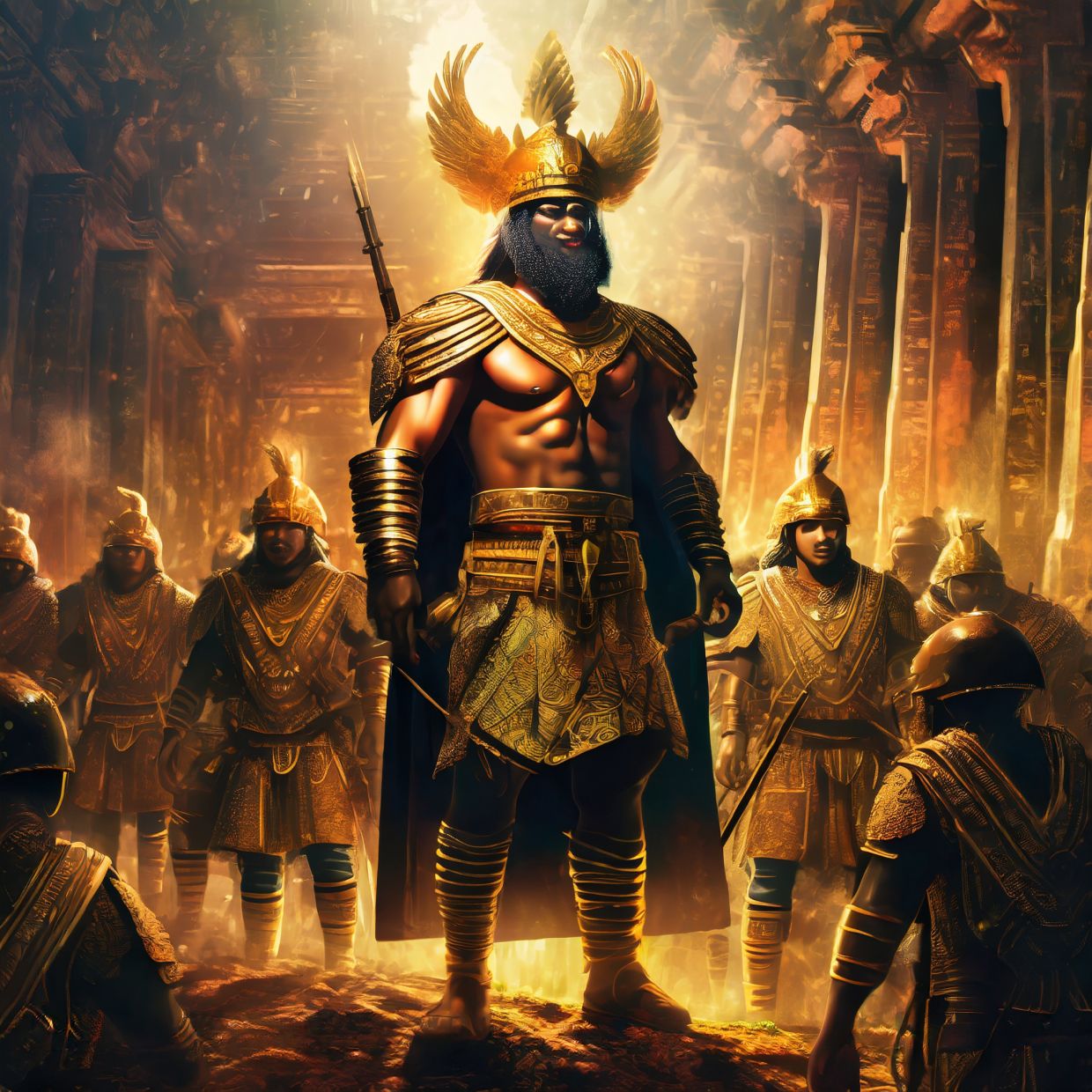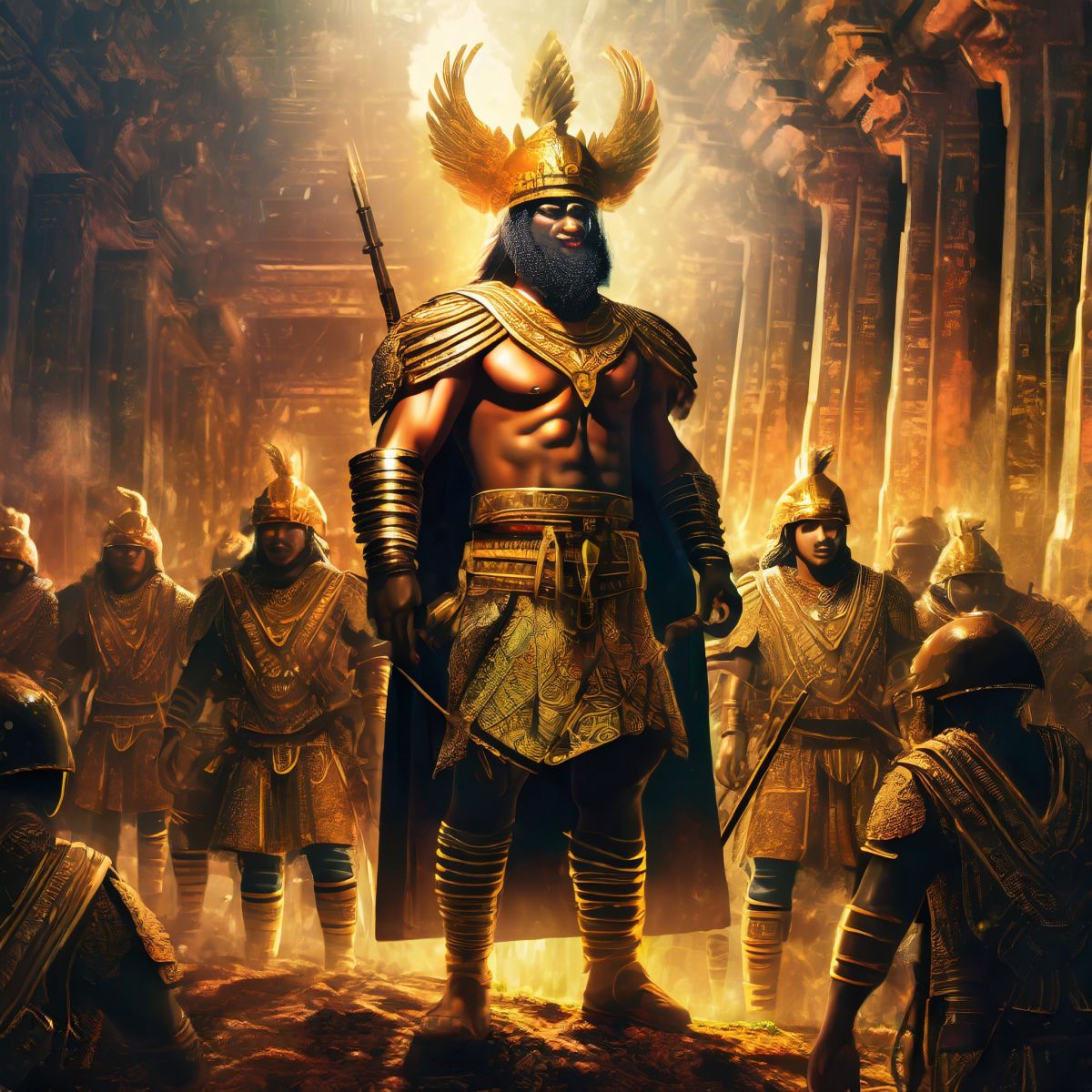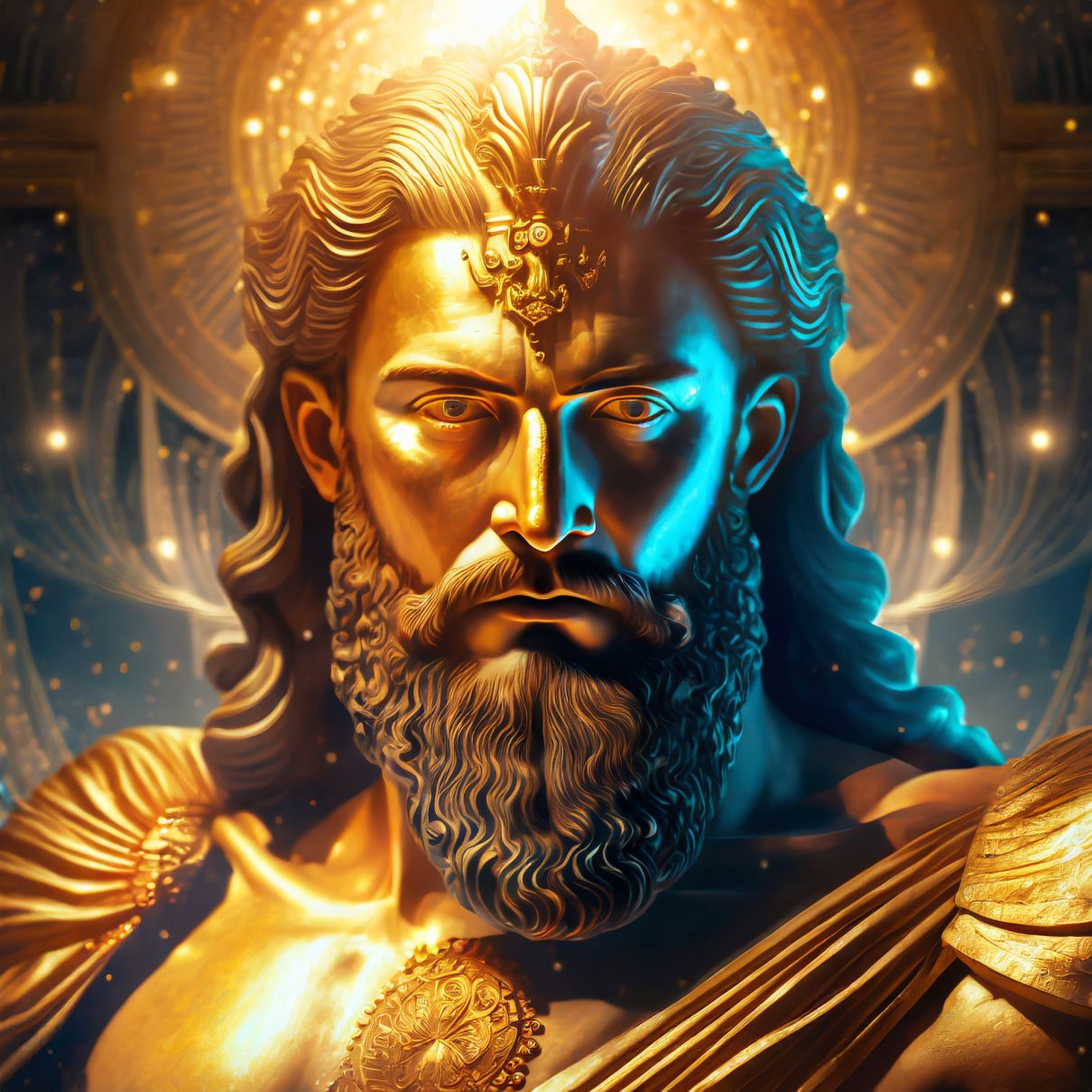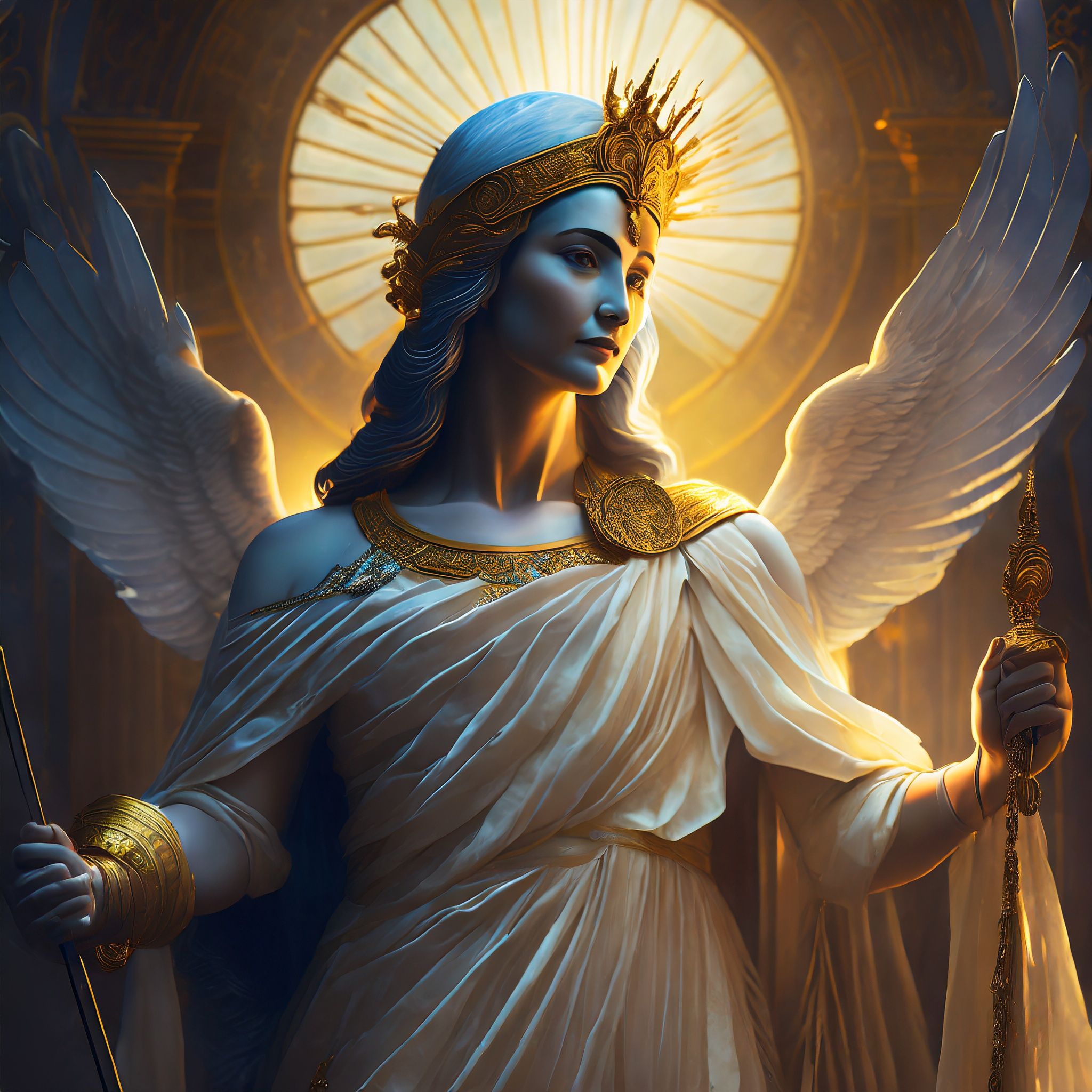
Ares: God of War

Ares, the God of War, is one of the most well-known deities in mythology. The son of Zeus and Hera, Ares is often portrayed as a fierce and aggressive warrior, representing the brutal aspects of war. However, his character also reflects the complexities of human nature, as he is also associated with courage, honor, and passion. In this article, The HUD will explore the various aspects of Ares, including his symbols, family relations, and the myths surrounding him. Additionally, we will delve into the similarities and parallels that can be drawn between Ares and other Gods of war and violence across various ancient civilizations.
Family Relations and Myths
Ares is the son of Zeus and Hera, the King and Queen of the Gods. He is one of the Twelve Olympian Gods and is often depicted as a young and handsome man, armed for battle. Some of his siblings include Athena, the Goddess of Wisdom and Civilization, and Hephaestus, the God of Craftsmanship.
Ares is known for his passionate love affair with Aphrodite, the Goddess of Love and Beauty. This relationship often led to conflicts with other Gods and Mortals, as their love was considered to be a dangerous and destructive force. Together, they had several children, including Phobos (fear), Deimos (terror), and Harmonia (harmony).
One of the most famous myths involving Ares is his involvement in the Trojan War. In Homer's Iliad, Ares fights on the side of the Trojans, but he is wounded by the Greek hero Diomedes, who is aided by Athena. This event highlights the rivalry between Ares and Athena, as they represent two different aspects of war: the brutal and chaotic nature of conflict (Ares) and the strategic and tactical side of warfare (Athena).
Symbols and Characteristics
Ares is often depicted as a fierce and aggressive warrior, armed with a spear and a shield. He is associated with the planet Mars, which was named after the Roman god of war, Mars. This association reflects the connection between the two Gods, as they both represent the violent aspects of war.
Some of the other symbols associated with Ares include the boar, which is known for its ferocity and aggressive nature, and the vulture, a bird often associated with death and destruction. These symbols further emphasize the violent and brutal aspects of Ares' character.
Similarities with Other Gods of War and Violence
Ares shares many similarities with other gods of war and violence across various ancient civilizations. For example, the Roman god Mars, as mentioned earlier, shares many characteristics with Ares, including their association with the planet Mars and their aggressive and warlike nature.
In Norse mythology, the god Tyr is also associated with war and combat. Like Ares, Tyr is a brave and fierce warrior, and he is often depicted as a protector of warriors and a defender of justice. However, unlike Ares, who is often portrayed as a chaotic and destructive force, Tyr is more closely associated with law and order.
In Hindu mythology, the god Kartikeya, also known as Skanda, is the god of war and victory. Like Ares, Kartikeya is a powerful warrior who is often depicted riding a peacock and carrying a spear. Both gods are associated with courage and honor, and they are revered for their strength and bravery.
In ancient Egypt, the god Anhur was also a deity associated with war and violence. Anhur was known for his role in protecting the pharaoh and the Egyptian people, and he was often depicted as a lion-headed warrior. Like Ares, Anhur was a fierce and powerful god who was revered for his strength and courage.
Conclusion
In conclusion, Ares, the God of War, is a complex and multifaceted deity who represents the brutal and chaotic aspects of war. He shares many similarities with other gods of war and violence across various ancient civilizations, reflecting the universal nature of war and conflict. By exploring the various aspects of Ares and his remarkably similar counterparts in other cultures, we can gain a deeper understanding of the human experience and the role of war in shaping the history and identity of Earth.



